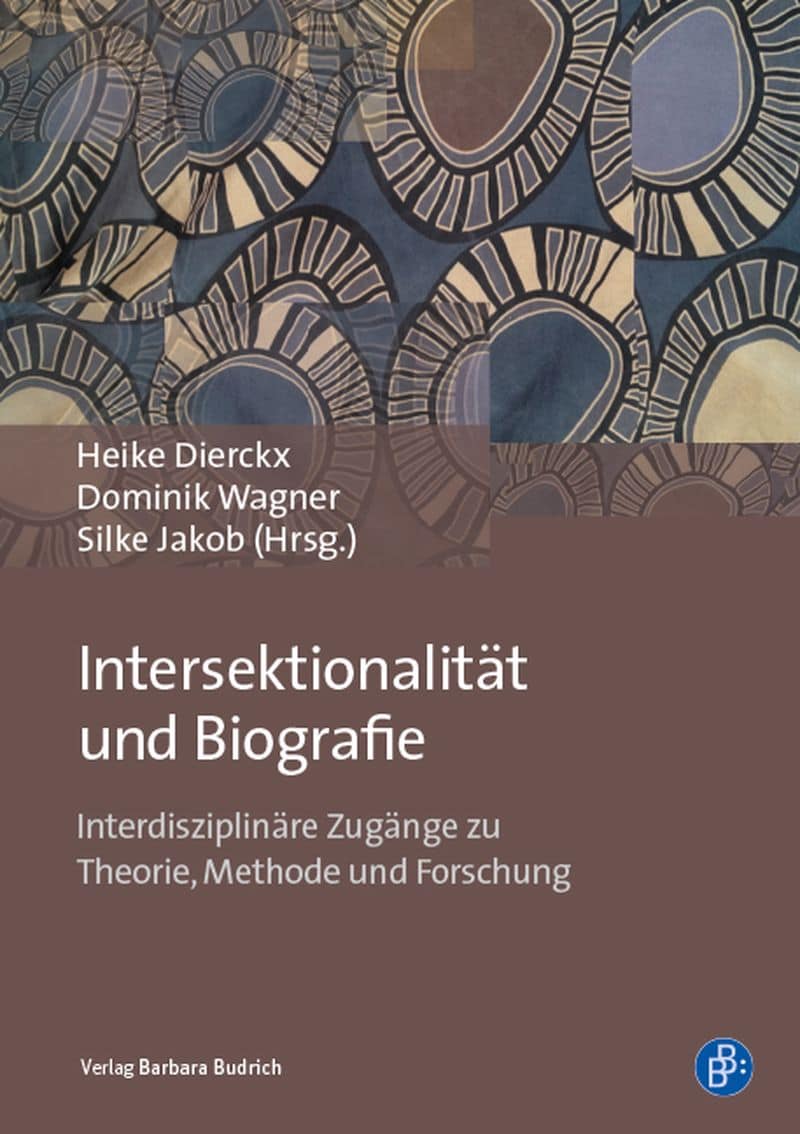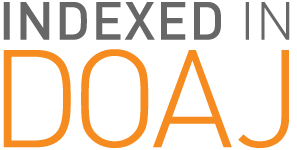On the Tracks of Social Inequality in Life Courses
Review of: Heike Dierckx, Dominik Wagner, Silke Jakob (Ed.): Intersektionalität und Biographie
DOI:
https://doi.org/10.17169/ogj.2020.148Keywords:
Biography Research, Diversity, Difference, Intersectionality, Social InequalityAbstract
The present volume, which is the result of a conference of the Giessen Graduate Center in 2015, contains eight contributions that deal with the intertwining of intersectionality theoretical approaches and approaches of biographical research. As an overarching concern, the authors cite a fundamental exploration of potential interaction between intersectionality and biographical research. The focus is always on the exploration of different experiences of discrimination over the course of a lifetime. Potential points of contact or intersections are developed on the basis of different intersectional categories, such as disability, trans* identity, class, origin or age.
References
Bal, Mieke (2002): Travelling Concepts in the Humanities. A Rough Guide. Toronto, Buffalo, London: University of Toronto Press.
Crenshaw, Kimberle (1989): Demarginalizing the Intersection of Race and Sex. A Black Feminist Critique of Antidiscrimination Doctrine. In: The University of Chicago Legal Forum (1), 139–167.
McCall, Leslie. (2005). The Complexity of Intersectionality. In: Signs. Journal of Women in Culture and Society 30(3), 1771–1800. doi: 10.1086/426800.
Rosenthal, Gabriele (1995): Erlebte und erzählte Lebensgeschichte. Gestalt und Struktur biographischer Selbstbeschreibungen. Frankfurt am Main/New York: Campus.
Rosenthal, Gabriele (2015): Interpretative Sozialforschung. Eine Einführung. 5. Aufl. Weinheim/Basel: Beltz, Juventa.
Walgenbach, Katharina (2007): Gender als interdependente Kategorie. In Walgenbach, Katharina/Dietze; Gabriele/Hornscheidt, Lann/Palm, Kerstin (Hg.). Gender als interdependente Kategorie. Neue Perspektiven auf Intersektionalität, Diversität und Heterogenität.Opladen, Toronto: Barbara Budrich, 23–65. doi: 10.2307/j.ctvddzkrr.4.

Downloads
Published
How to Cite
License
All contributions in Open Gender Journal are published under the Creative Commons Attribution 4.0 International license. You may freely make use of the corresponding texts in accordance to the conditions of the license (License contract, generally understandable version). There is no exclusive transfer of usage rights ("copyright transfer"). Open Gender Journal does not charge authors any costs for publication (so-called Article Processing Charges, APC) or submission (so-called Submission Charges). Authors are encouraged to share their contributions in other places, such as repositories.













